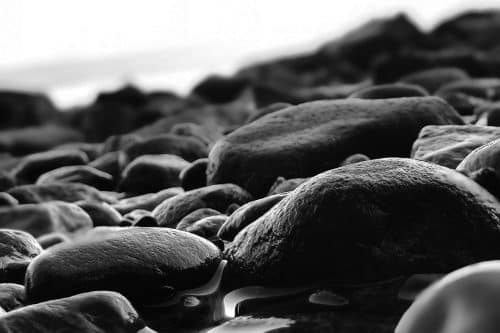Near the Brazil, Argentina, Paraguay tri-border, there are two wonders of the world.
The first is the world-famous Iguazú Falls, which pours 1.5 million liters per second over a system of 300 waterfalls. The immense, three kilometer system attracts millions of jaw-dropping visitors every year. Rightly so: it makes “poor Niagara,” in the words of Eleanor Roosevelt, “look like a kitchen faucet.”
The second is a “modern wonder of the world”: the Itaipu Dam. The 68-story megalith was constructed in the early 90s, with 50 million tons of rock and steel—enough material for 300 Eiffel Towers, and it produces enough energy to power most of California.
During my last visit, I asked a few people if they were going on the “Itaipu Dam Tour.” “No way!” was the common response. “Dams are boring.”
Indeed. I generally don’t travel, explore and hunt to see things that are ‘practical‘ -made efficiently, and to serve a purpose. There is too much practical in our everyday. Raw, artistic, less practical wonders are more likely to quicken our pulse and take us into a an experience of what James Joyce called “aesthetic arrest,” than a giant dam.
But I think someone with artistic sensibilities can enjoy both Iguazú Falls and Itaipu Dam:
Our universities divide the humanities and the sciences (whether to get a BA or a BS was a crisis for me during college). I went to the way of the Iguazú Falls instead of the dam—choosing to focus on the humanities rather than focusing on a more practical trade that would lead to a more practical career and a more practical life.
I used to subscribe to the following claim from Dead Poets’ Society: “medicine, law, engineering—these are noble pursuits and necessary to sustain life. But poetry, beauty, romance, love—these are what we stay alive for” (Robin Williams’ Mr Keating). I tend to believe that we live for romance and beauty–but that romance and beauty is laced throughout all human experience and endeavor. There is a place in every vocation—in every human heart—for aesthetic and functional wonders.
Regarding the latter, American composer, Philip Glass, wrote a cantata named “Singing Stones,” which is the Guarani definition for Itaipu Dam. I think the future will belong to millennials who are able, like Glass, to see wonder in both Iguazú Falls and Itaipu Dam. Both human endeavor and natural wonder flow from the same river. They can see the “poetry,” “beauty,” and “romance” in both the Falls and the way we can create “stones” to “sing” with nature.
After all, in the end, design, desire, and delight are the mutual purposes of all human industry.
Mark Robertson is a writer and educator from Southern California.


